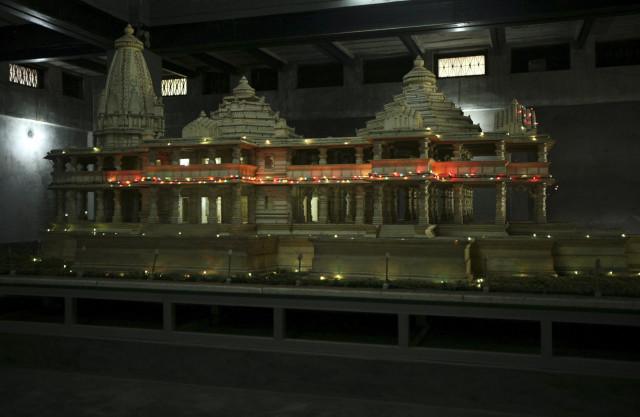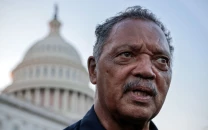Indian Muslims to appeal disputed holy site ruling
Indian Muslim forum says it will contest verdict which divided contested religious site between Hindus and Muslims.

Indian Muslims to appeal disputed holy site ruling
The All India Muslim Personal Law Board, a private body set up in 1973, "unanimously" decided to challenge the September 30 ruling of the Lucknow High Court in India's Supreme Court, forum spokesman MA Rahim Qureshi said.
According to the ruling, the site in the northern pilgrimage town of Ayodhya would be split, with one third going to Muslims and the rest to Hindus, including a spot in the centre where they plan to build a temple to their god Ram.
"We feel the ruling suffered from a number of infirmities and the board considers it the right and obligation of Indian Muslims to challenge the judgement," he said in Lucknow, capital of Uttar Pradesh state.
Zafaryab Jilani, the lawyer for the Muslim group Babri Masjid Action Committee, which had claimed the whole site, said Muslims would not surrender their claim on the site in Ayodhya town in Uttar Pradesh.
"This issue can only be sorted out when the claim of Muslims is upheld. We can not surrender our claim," he added.
In 1992 the razing of a 16th-century mosque on the site by Hindu zealots sparked riots that killed more than 2,000 people, mostly Muslims, in some of the worst sectarian violence since partition of the Indian subcontinent in 1947.
Hindus, who were pleased that the court ruling respected their belief that the central dome of the razed mosque had stood over Ram's birthplace, too plan to appeal the high court verdict to push their claim to the entire site.
Spokesman Qureshi however said the board was open to a compromise formula.
"We do not have a formula of our own (but) if the others come up with a formula then we can consider it provided it is in conformity with the tenets of (Islamic) Shariat (law) and the Indian constitution," he added.
Ever since the destruction of the mosque 18 years ago the site has been cordoned off with barbed wire and steel fencing and guarded by troops.



















COMMENTS
Comments are moderated and generally will be posted if they are on-topic and not abusive.
For more information, please see our Comments FAQ